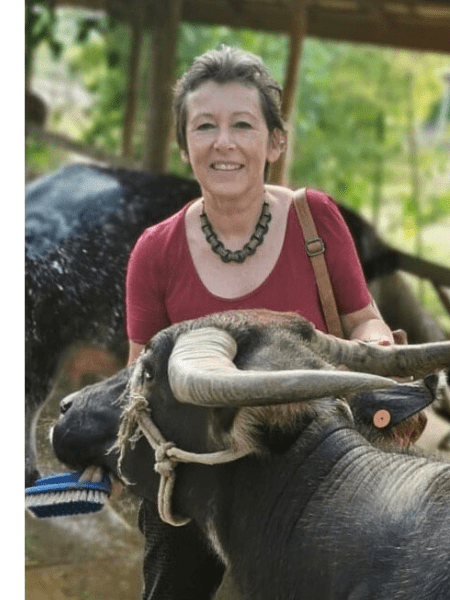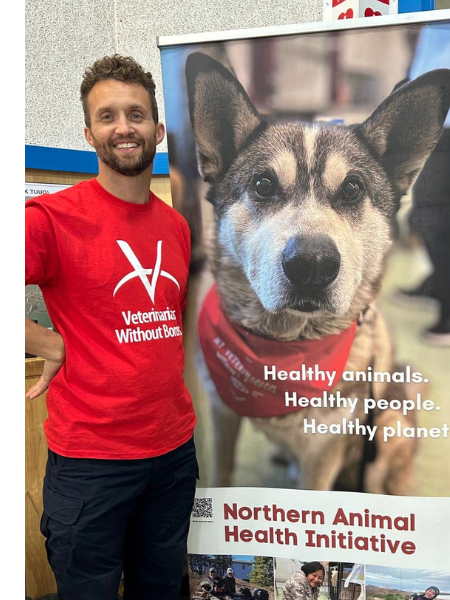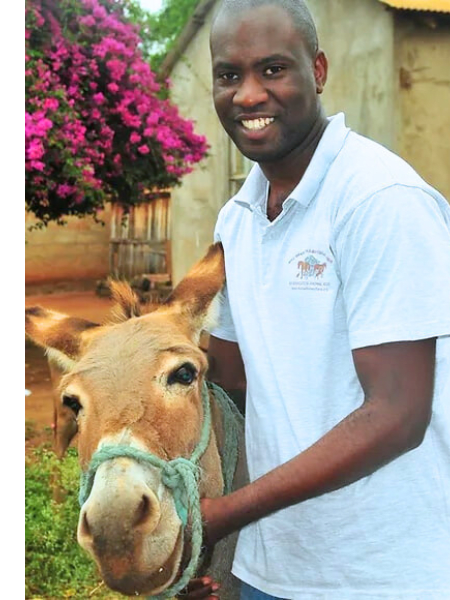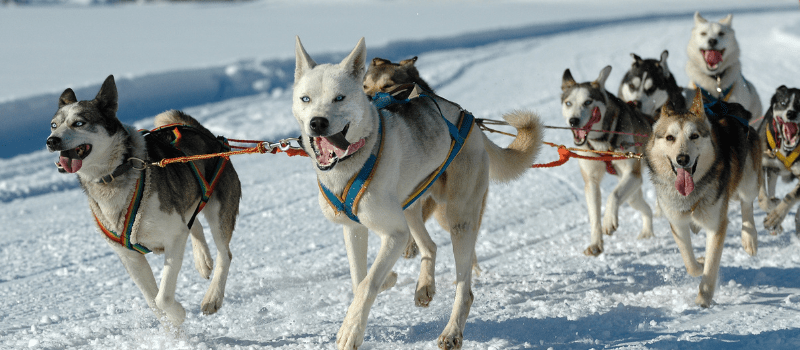Observed annually, World Rabies Day serves as a global platform to raise awareness about rabies and advocate for prevention and control measures. In recognition, VWB hosted a live, one-hour webinar on innovative animal health delivery models in the fight against rabies. Panelists (described below) discussed the crucial roles of Community Animal Health Workers, community champions, paravets, and lay vaccinators in educating communities, vaccinating animals, and implementing local rabies control measures. They also explored how these efforts support international development goals by improving community well-being, livestock productivity, and promoting One Health solutions.
RABIES DAY 2024 WEBINAR: September 27th, 11am-12pm EST
>> Watch the Replay <<
ABOUT THE PANEL:
Katinka de Balogh VWB Canada Board of Directors & Former Senior Veterinary Public Health Officer at the Food and Agriculture Organization of the UN
VWB Canada Board of Directors & Former Senior Veterinary Public Health Officer at the Food and Agriculture Organization of the UN
Katinka is a veterinarian with a doctorate in tropical parasitology from the University of Munich. She also specialized in tropical animal production and Veterinary Public Health through advanced studies in France and the Netherlands. Katinka spent nine years working as a district veterinary officer and lecturer in both Zambia and Mozambique. From 2002 to 2022, she worked at the Food and Agriculture Organization of the United Nations in Rome, serving as the focal point for One Health and coordinating efforts with the World Organization for Animal Health and the World Health Organization. Katinka now brings her extensive experience to the VWB Canada Board of Directors.
In this webinar, Katinka discussed rabies as a model disease for the One Health approach, emphasizing the vital role of community members—including animal health workers and local champions—in raising awareness and expanding dog vaccination efforts, moving closer to the goal of eliminating dog-transmitted rabies by 2030.
Scott Zaari Veterinary Director, Companion Animal Programs, VWB North America
Veterinary Director, Companion Animal Programs, VWB North America
Scott holds a Doctor of Veterinary Medicine from the University of Calgary, specializing in ecosystem and public health, and a Bachelor’s degree in Microbiology and Immunology from McGill University. He previously served as Chief Veterinary Officer for Manitoba, where he managed animal health and welfare programs, aligning them with public health and agricultural sectors. His international experience includes working with the World Organisation for Animal Health (WOAH) in Southeast Asia on large-scale disease control programs for foot-and-mouth disease and rabies, as well as an internship with WOAH in Paris.
In this webinar, Scott discussed innovative approaches to delivering animal health services in rural, remote, and Indigenous communities across North America, focusing on community engagement, successful case studies, and leveraging technology to create sustainable solutions.
Johnson Lyimo
President and Founder, Meru Animal Welfare Organization 
Johnson is Founder and President of Meru Animal Welfare Organization (MAWO) based in Arusha, Tanzania. He has 14 years extensive experience working in the field of animal welfare in Tanzania. Johnson is on the Advisory Committee for the Coalition for African Animal Welfare Organizations based in Cape Town, South Africa. He is also a Tanzanian representative for the International Organization for Animal Protection (OIPA), an NGO affiliated with the United Nations Department of Public Information and the United Nations Economic and Social Council.
In this webinar, Johnson discussed MAWO’s innovative One Health approach to rabies control in Tanzania, which integrates Community Animal Health Champions to lead local efforts in raising awareness and educating communities. He also highlighted the impact of mobile rabies vaccination clinics in reaching remote areas, ensuring both immediate disease control and long-term community capacity to maintain healthier animal and human populations.





